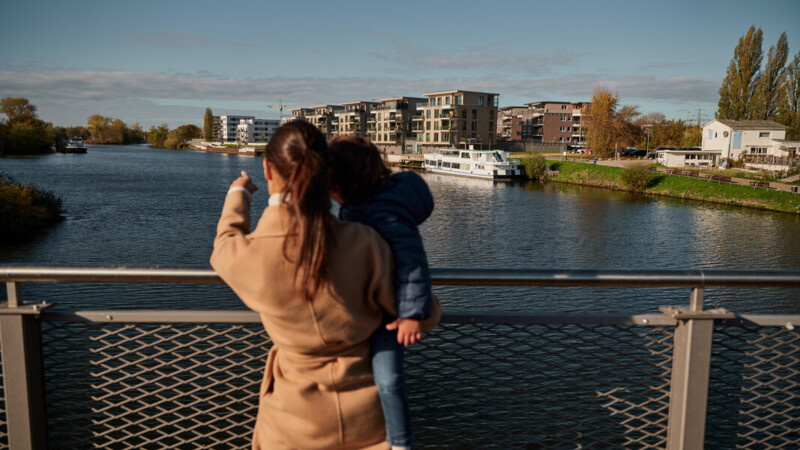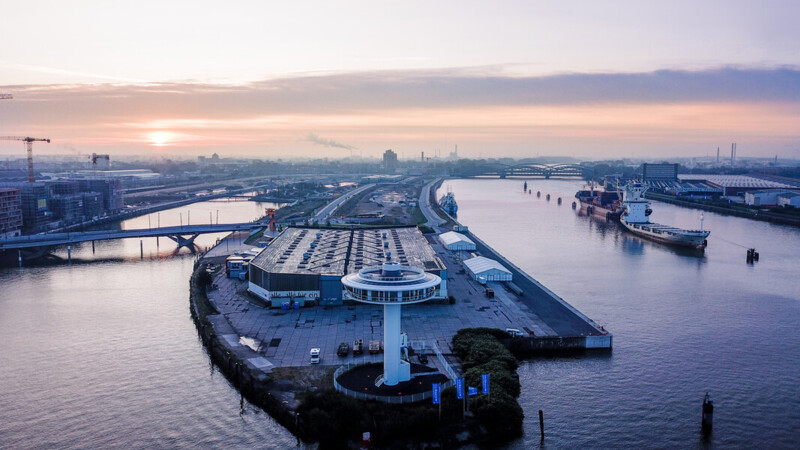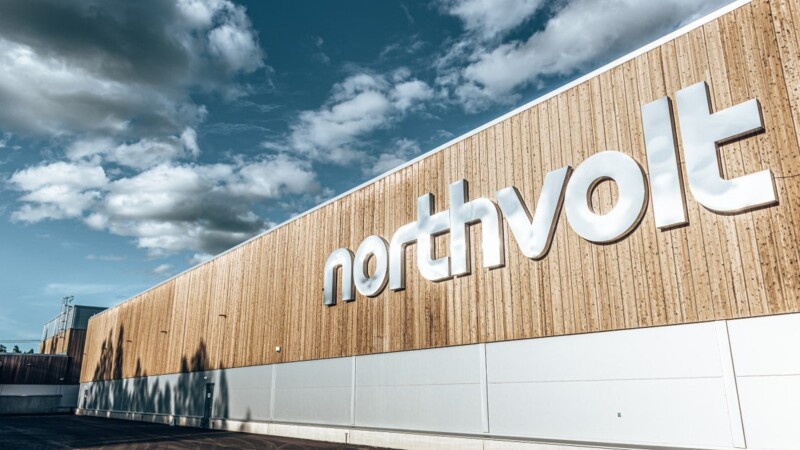The idea of producing hot water from a tap when needed, at the right temperature, instead of storing it centrally in a tank, has always been fascinating. This technology is known as an instantaneous water heater. By contrast, a centralised gas boiler constantly supplies water at the highest temperature. That requires a lot of standby energy and is rarely economical. Germany's Drinking Water Ordinance even stipulates the standby temperature for apartment blocks. A decentralised instantaneous water heater has the advantage that only the exact amount of water required is ever heated, and at exactly the right temperature for each usage. That ensures greater energy efficiency and makes electric water heating cost-effective.
Clage GmbH counts among the top 100 innovation leaders in the German SME sector. Based in Lüneburg, the company employs around 290 staff. Everything at the company in the Hamburg Metropolitan Region revolves around decentralised devices for heating water in line with the trend towards the energy transition.
Hot water where needed
Focus on economic viability and environmental benefits
Jörg A. Gerdes, Managing Partner of the family-owned company Clage GmbH, has put a figure on it: "We recommend separating heating and hot water. That makes for a smaller, more efficient heating systems. Compared to the usual centralised supply, using decentralised instantaneous water heating can save up to 40 per cent energy." Fittingly, the company, which is based in the Hamburg Metropolitan Region, was honoured as one of the 100 most innovative medium-sized companies in Germany in 2023.
Private households in Germany consumed a total of 731 billion kilowatt-hours of energy in 2021, according to the Federal Statistical Office. More than 40 per cent of this could be attributed to gas. Electricity's share came in at only 139 billion kWh, equivalent to 19 per cent. Decentralised water heating using electricity is thus an attractive alternative towards using energy more efficiently, in apartments and single family homes in particular. If in addition the electrical energy is derived primarily from renewable sources, as in the Hamburg Metropolitan Region, this fits perfectly into the agenda of a zero-carbon power generation sector.
Pioneering climate neutrality from Hamburg Metropolitan Region
Founded in 1951, Clage continues to focus on domestic development and production and sells its products all over the world. The company is aiming for climate-neutral production by 2030, making it a regional pioneer. Karla Bauszus, a representative of the Klimaentscheid Lüneburg initiative, which was founded in 2020, noted: "According to the greenhouse gas balance for Lüneburg, industry is responsible for 42 per cent of energy-based CO2 emissions. Thus, there is a great need for action. I am delighted that ambitious companies like Clage are leading the way here."
sw/cw/sb/pb/rm
Sources and further information
More
Similar articles

Organic farmers banking on short distances and transparent marketing

Spatial model of Hamburg Metropolitan Region presented

